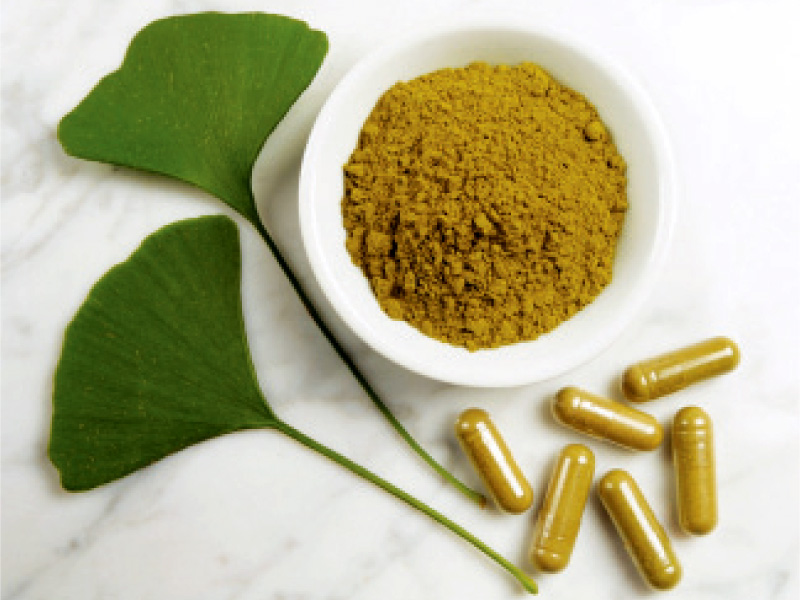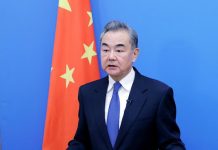BEIJING: “More herbs can be cultivated in Pakistan. Pakistan has the potential to play a leading role in the export of herbs in the world,” said Hakeem Abdul Bari, head of Research and Development in Hamdard Laboratories of Pakistan. The development of herbal medicine industry can not only increase the medical care standard of the country but also play a role in the economy.
In recent years, many towns and villages in China have encouraged and guided local people to cultivate herbal medicine, which helped increase their income and become rich. Changshan village in Anhui, China, is a good example. “Our Herb Planting Demonstration Area was transformed from a barren slope. At present, our village has planted 33 hectares of herbs.” Wang Shimao, secretary of the Changshan Village, said. “Our land used to be barren and drought, which was not suitable for planting traditional cash crops. So we encouraged farmers to use barren slopes and forest land to plant herbs.” At present, more than 300 people in the area are engaged in herbal medicine cultivation, and the village has set up a rural cooperative to help promote local herbal medicine industry.
“Pakistan can produce the best herbs in the world. However, the herbs we use are not only local-produced but also imported from all over the world.” Hakeem noted. Pakistan’s herbal medicine industry can benefit a lot from its considerable climatic variation. “One example is olive, which was said not to be able to grow anywhere except the Mediterranean area. However, now at least 70 thousand acres of land in Pakistan are used for olive cultivation. There is also sandalwood or teak, which was said to only grow in topical areas. Today, their cultivation has started in Pakistan and will be on an industrial scale soon. ”
Hakeem’s viewpoint echoes Syed Farooq Bukhari, chairman of the Pakistan Pharmaceuticals Manufacturers Association. “There is a German company that I would not like to name that used to take raw herbs from Pakistan. They took herbs in pennies, and by commercializing it, that company is now worth about one billion Euros.” Syed encouraged people to raise awareness to commercialize local herbs. There are many herbs that Pakistan has not observed. It is a treasure that can solve a lot of health problems.“There is a lot of potential in this industry, and by developing it, our portfolio of agriculture can also be wider.” “In this regard, there are examples that we can refer to, including India, China, and Iran. They are protecting their herbs by expanding their cultivation and exporting them. And at the same time, they started getting geographical indications, which is called GI code, to protect their indigenous herbs.” Hakeem added. Space-bred varieties have proved to be able to perform better in terms of production and resistance.
Last year, seven kinds of Pakistani herbal seeds from International Centre for Chemical and Biological Sciences (ICCBS), University of Karachi and Hamdard University were sent to space by China’s spacecraft Shenzhou-14 under the first-ever Sino-Pak ‘Seeds in Space’ project. –Agencies






